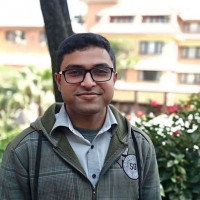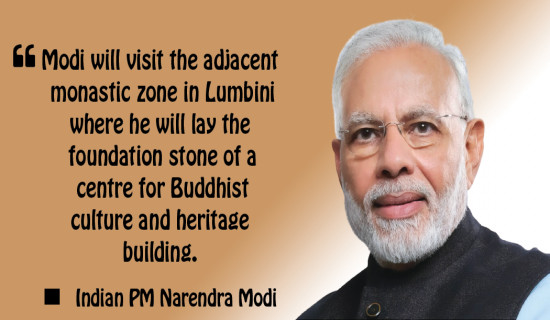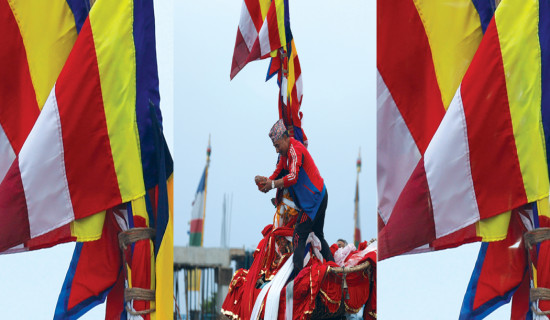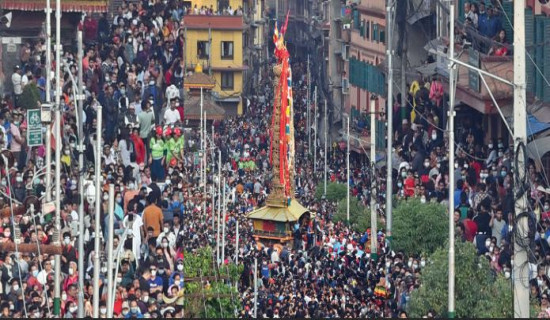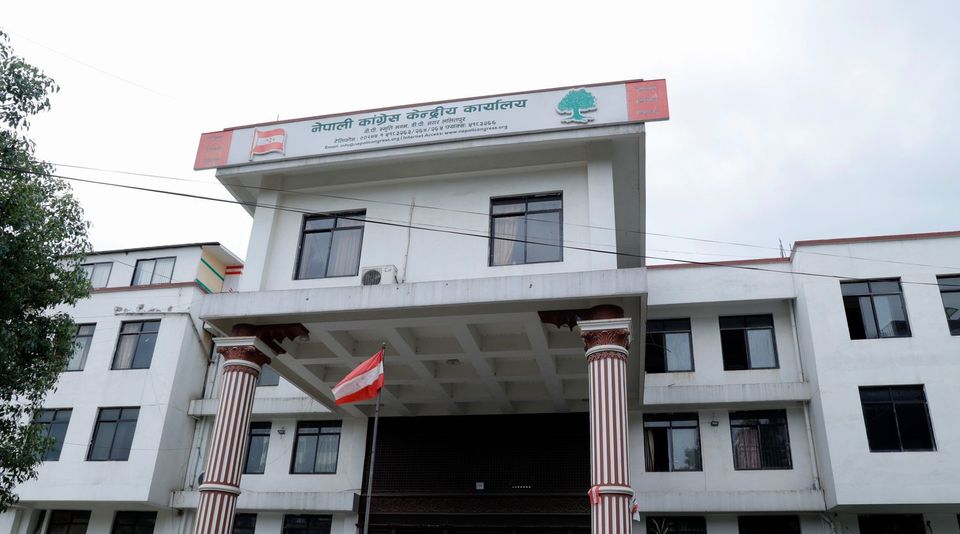- Wednesday, 14 January 2026
Federalisation Of Nepali Media
While many may take it for granted today, Nepal and Nepalis fought a lot to establish the federal democratic republic system of governance. The Interim Constitution of Nepal, 2007 officially abolished the monarchy and made Nepal a republic but there were still a lot of doubts about its sustainability. There were forces at play seeking to overturn the achievements of the two people’s movements and the decade-long People’s War and the near-constant wrangling and infighting made it look like the major political parties had lost their commitment to the people. But, putting all suspicions to rest, Nepal institutionalised federalism through the adoption of its new constitution in 2015.
Make Most Of Weekends
After a very eventful week, Saturday is finally here. Those of us who get weekends off now have two days of holidays and a chance to devote our time to something productive that interests us other than our regular jobs. At least that’s what we desire. But more often than not, things don’t exactly go according to plan and our weekends fizzle out without us having achieved anything we had initially planned. So, it might do us good to follow a few guidelines to make sure we utilise our Saturdays and Sundays doing the things that we actually want to do.
Local polls, Modi's visit boost business of Lumbini rickshaw drivers
Last two weeks were extremely busy for Harihar Bahujan. The 19-year-old rickshaw driver from Pakadi, Mayadevi Rural Municipality–1, Rupandehi barely had enough time to eat and sleep, as he said it. “I used to leave home with my vehicle at 5 or 6 in the morning and return at 10 or 11 at night,” he told The Rising Nepal on Tuesday. But Bahujan is not complaining. After all, why would he after supposedly earning more money in two weeks than he would earn in a whole month. “The (local) election and Indian Prime Minister (Narendra) Modi’s visit boosted our earnings,” he said, with his electric three-wheeler parked at Mahilwar, near Lumbini Gate No. 5.
Voter Education Needed
It has been one week since Nepal voted in the second local election to take place under the constitution of 2015. There were some regrettable instances of violence and voting was postponed in 85 polling centres in 17 districts of six provinces. Nevertheless, the national authorities and international observers have deemed last Friday’s election fair, peaceful and successful and voters were noticeably excited to cast their vote for their preferred candidates and parties. But as vote counting began, it became clear that there was a large number of spoilt votes. Even in the capital, voters seemed to have stamped the symbols of parties for posts which they have not fielded candidates for, unintentionally voted for more than one candidate for the same position or made other errors that made their ballots invalid.
Indian PM Modi arriving in Lumbini today
Prime Minister of India Narendra Modi is scheduled to arrive in Lumbini, Rupandehi, on Monday. The Indian Prime Minister is arriving in the birthplace of Buddha on the occasion of the 2,566th Buddha Jayanti at the invitation of Prime Minister Sher Bahadur Deuba. Prime Minister Modi is scheduled to arrive by a helicopter at around 11 am. According to the itinerary shared by Vinay Mohan Kwatra, secretary of the Ministry of External Affairs of India at a press conference in New Delhi on Friday, Modi will start his visit by participating in a prayer at the Mayadevi Temple.
Exercising Voting Rights
On Friday, Nepalis cast their ballots in the second local election held after the promulgation of the new constitution in 2015. Eligible citizens all over the country got a chance to exercise their democratic right to vote for the candidate they preferred. It truly was a celebration of the federal democratic republican system of governance we as a nation adopted more than a decade ago. But additionally, it was also a sign of the immense progress Nepal has made with regard to democracy in less than a generation. In less than 35 years, Nepalis went from nominally voicing their support or opposition to a few candidates handpicked by the monarchical authorities to selecting from over 100,000 candidates, both party-backed and independents. So today, let us take a look at the beauty of our electoral system and how it contributes to the strengthening of this democracy we have fought so hard to obtain.
Machhindranath Jatra continues smoothly
The local election did not significantly affect the Rato Machhindranath Jatra in Lalitpur. According to Jyapu Samaj, one of the main bodies in charge of managing the festival, the Jatra went ahead smoothly and will continue to proceed as normal despite the polls scheduled for Friday.
Minnath: The dreadlock deity who accompanies Machhindranath
The longest chariot festival of Nepal that presently has the city of Patan up in joy, the Rato Machhindranath Jatra needs no introduction. The 48-foot chariot is an instantly recognisable symbol of Lalitpur and its rich culture and attracts people from all over the country. But little is known about the smaller chariot of the god popularly known as Minnath which accompanies Machhindranath along its journey through the old routes of the city.

